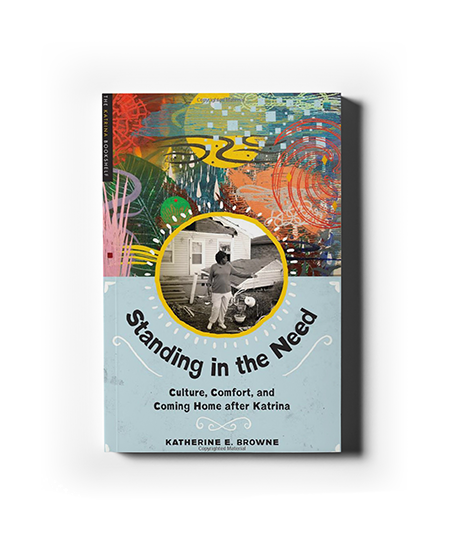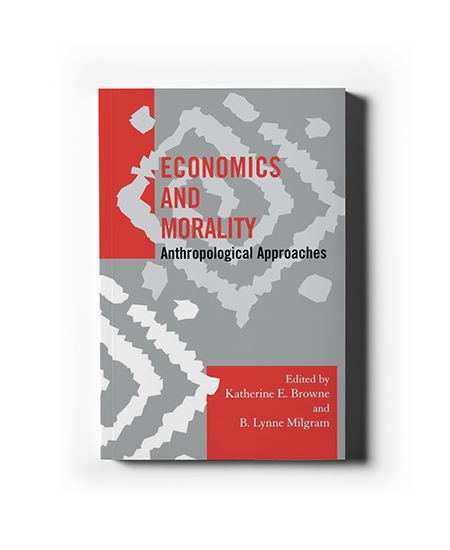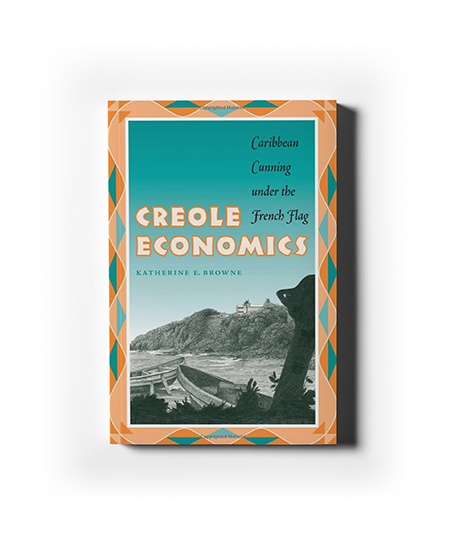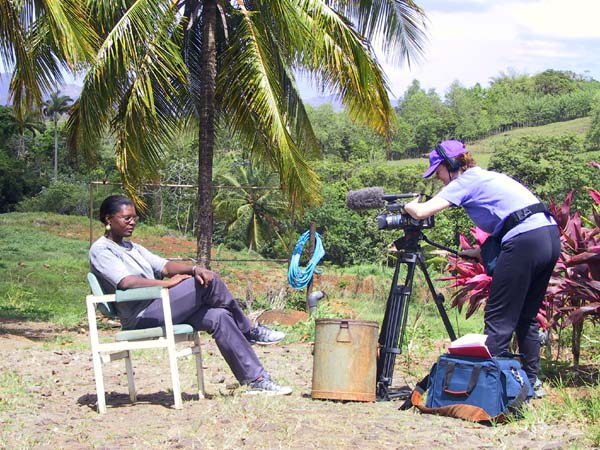



Documentaries
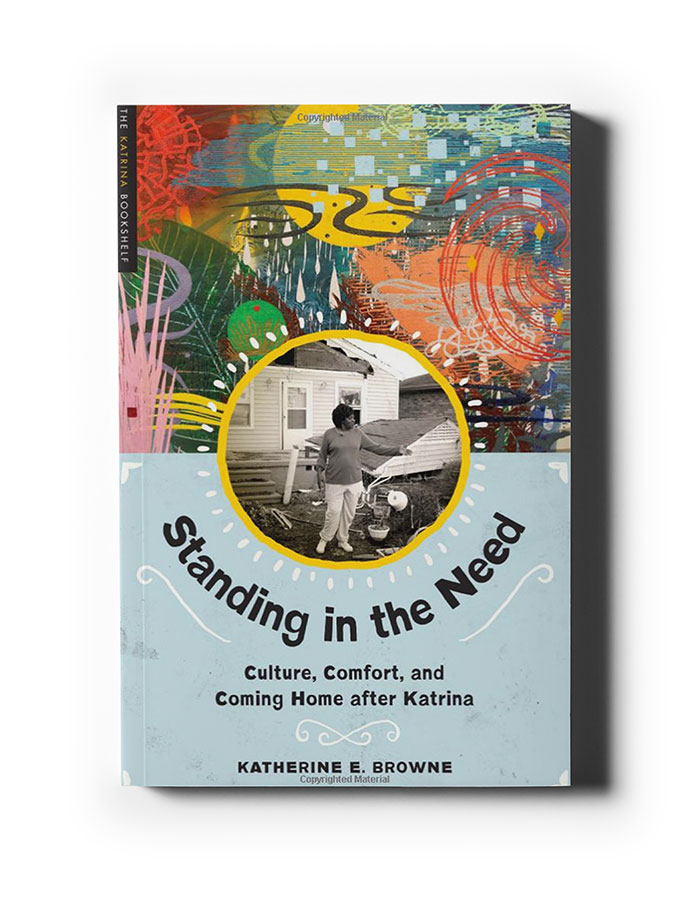
Standing in the Need
Culture, Comfort, and Coming Home after Katrina
Standing in the Need presents an intimate account of an African American family’s ordeal after Hurricane Katrina. Before the storm struck, this family of one hundred fifty members lived in the bayou communities of St. Bernard Parish just outside New Orleans. Rooted there like the wild red iris of the coastal wetlands, the family had gathered for generations to cook and share homemade seafood meals, savor conversation, and refresh their interconnected lives.
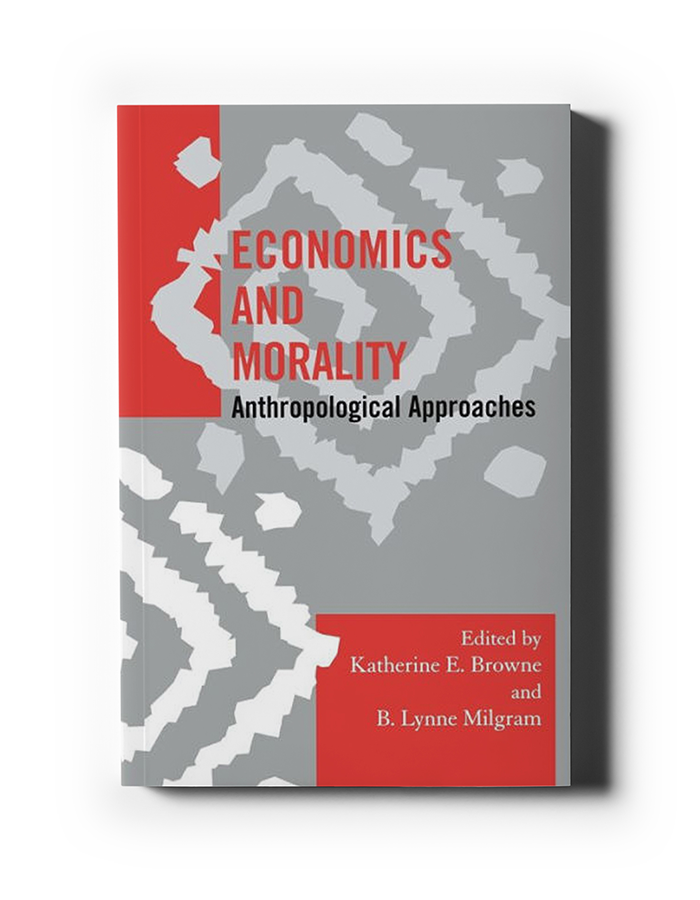
Economics and Morality
Anthropological Approaches
In Economics and Morality, the authors seek to illuminate the multiple kinds of analyses relating morality and economic behavior in particular kinds of economic systems.

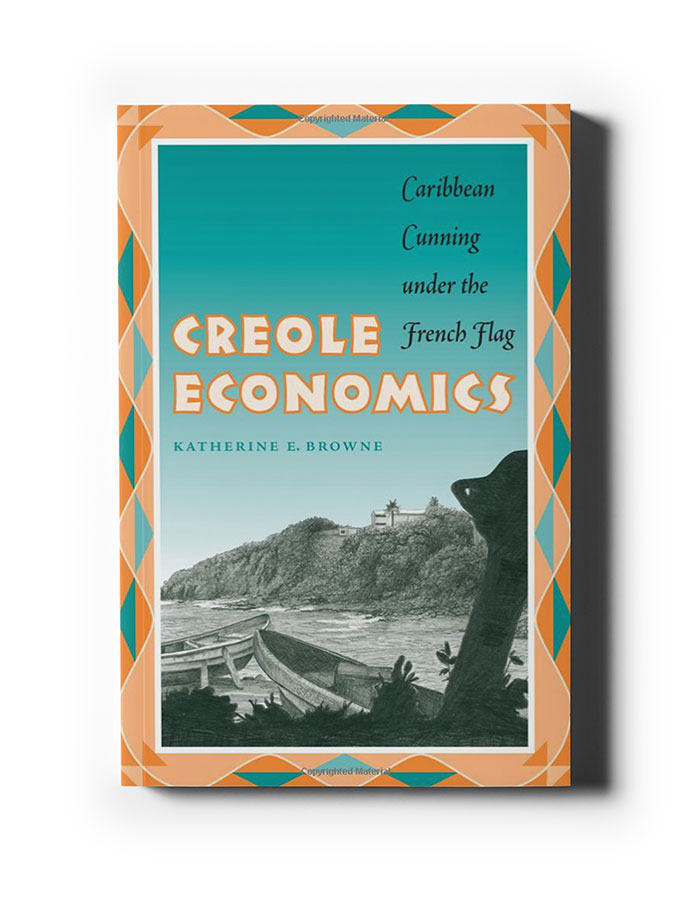
Creole Economics
Caribbean Cunning under the French Flag
This powerful ethnographic study shows how local economic meanings and plural identities help explain work off the books. Like creole language and music, Creole Economics expresses an irreducibly complex blend of historical, contemporary, and cultural influences.
Documentary Films
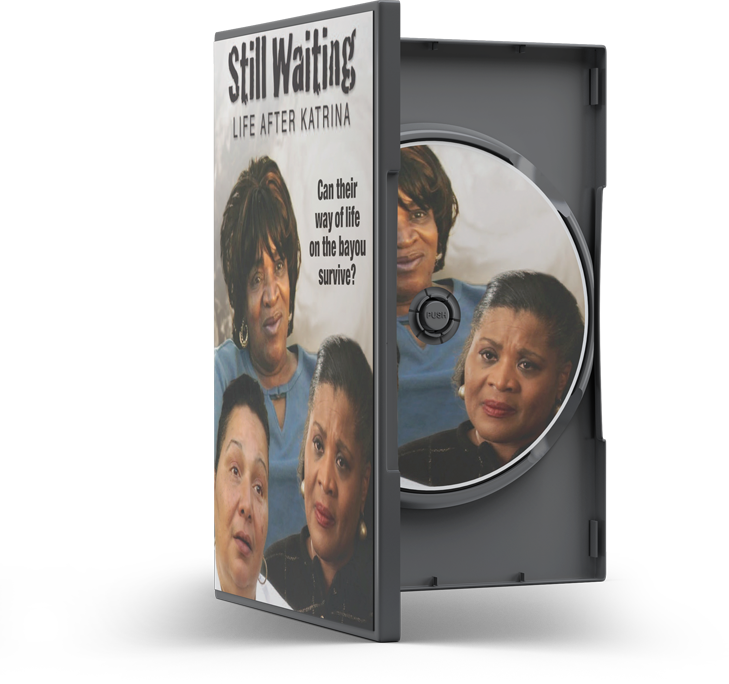
Still Waiting
Life After Katrina
Still Waiting: Life After Katrina is a remarkable story of resilience, family, and attachment to place. The documentary focuses on an African-American/Creole family of 155 people from the New Orleans area.

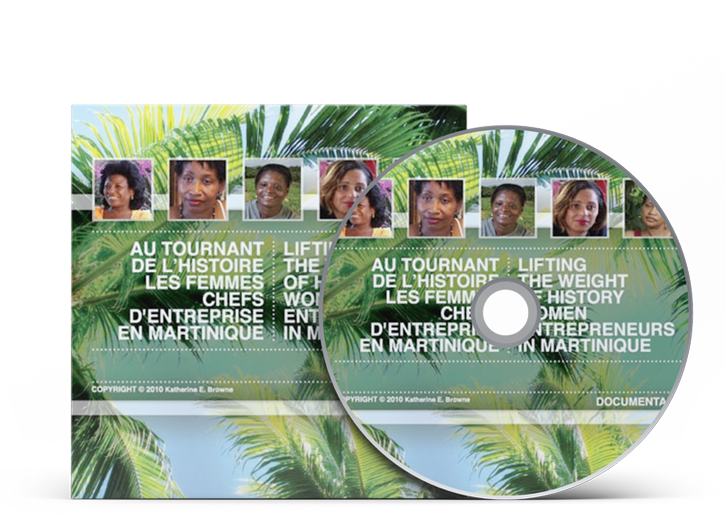
Lifting the Weight of History
Women Entrepreneurs in Martinique
Lifting the Weight of History is an ethnographic film that showcases the richly textured experiences of five women entrepreneurs in Martinique. Through their stories and the commentary of local experts, we learn about the challenges of race and gender in a society where legacies of slavery still play out in the culture of business.
